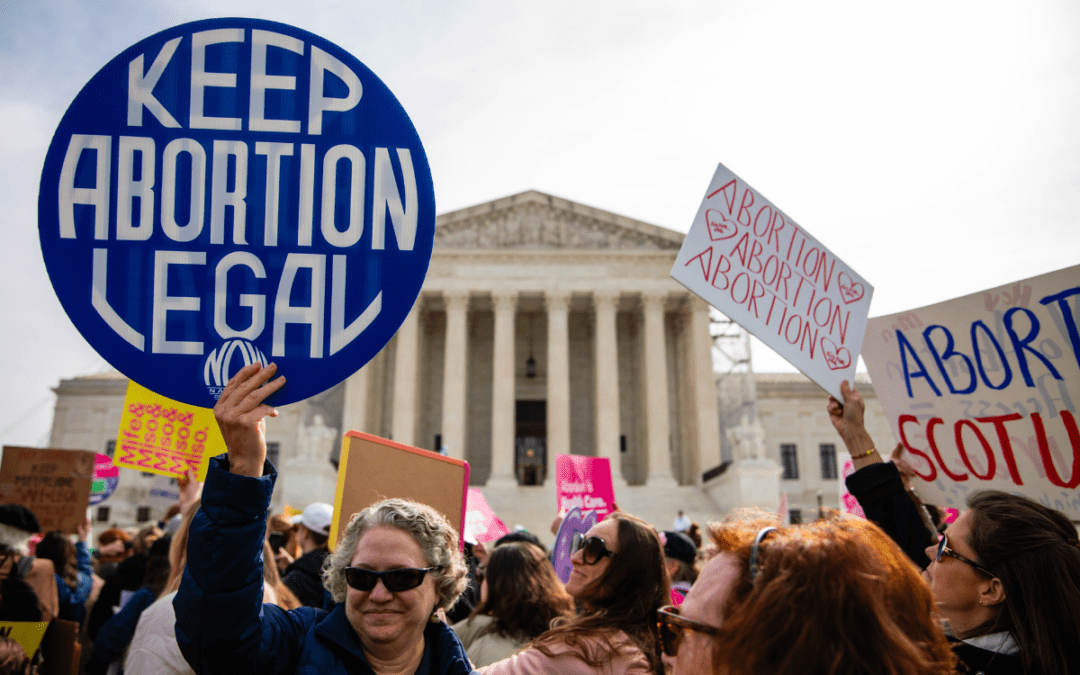
Photo courtesy of subject
“The only thing keeping me from losing my apartment is that I applied and received two months of rent from the Allegheny County Housing Authority.”
Adam H., 32, is one of nearly 23,000 Pennsylvanians currently filing weekly claims for unemployment benefits. When the extended federal benefits program—which gave him an extra $600 a week—ran out at the end of July, so did his financial resources. At that time, he received a message that his claim was under review and that no payments would be made until it was resolved.
Adam, who asked to withhold his last name to protect his privacy, has continued filing his bi-weekly claims, but to date has not received any information about the current status of his unemployment insurance. A request for comment from the Pennsylvania Department of Labor and Industry had not been answered as of press time.
“I have tried emailing, calling, direct chat, contacting my state representative, contacting my former employer,” he told COURIER, “and nothing has put me anywhere close to being in touch with a human that can actually help me.”
“The only thing keeping me from losing my apartment is that I applied and received two months of rent from the Allegheny County Housing Authority,” he continued. “Even that took weeks of forms, pay stubs, paperwork in general, and just when I had given up, it came through. So there’s that, which is nice, but it’ll only protect me until Nov. 1.”
Last week, the US Labor Department reported initial jobless claims filed the previous week fell to 860,000 from 893,000. Despite the decline, the unemployment rate is still roughly four times what it was before the coronavirus pandemic began in March, and mass layoffs continue.
RELATED: Trump’s Labor Department Changed How It Calculates Unemployment, Making the Numbers Look Better Than They Are
“It’s not a pretty picture,” Beth Ann Bovino, chief U.S. economist at S&P Global, told the New York Times. “We’ve got a long way to go, and there’s still a risk of a double-dip recession.”
Since the onset of the pandemic, the Pennsylvania Department of Labor and Industry has received 2.1 million claims for unemployment. At 13.7%, Pennsylvania has one of the highest unemployment rates in the nation.
Adam, who was laid off from his job as a fabricator at a Pittsburgh-based design and fabrication studio in March, said he got called back to work temporarily to help produce plastic parts for face shields to help frontline workers.
“I did this knowing that I would not be getting the extra $600 a week or any money for that matter,” he said. “Doing the right thing mattered so much more to me.” Eventually, the design and fabrication company lost the contract to produce the parts due to lack of resources and finances. Adam was once more laid off, this time indefinitely, beginning in June.
At first, he said his experience with filing for unemployment was smooth because he was part of the “early wave” of jobless Pennsylvanians seeking benefits at the beginning of the economic crisis. Gov. Tom Wolf shut down the entire state under an emergency declaration in mid-March.
“Even after going back to work for that month or so, I kept filing, honestly reporting my pay, and although I did not receive any money being back at normal salary, I kept my claim active and began receiving payments as normal again once I was laid off [in June],” Adam explained.
The money he received from the Allegheny County Housing Authority is the only resource keeping him afloat, which he uses to pay rent, purchase groceries, and purchase his arthritis medication.
“I feel lucky to live in Pittsburgh where I do—$1,200 goes a lot further here than it did for my friends in San Francisco,” Adam said, referring to the one-time stimulus checks Congress approved through the CARES Act earlier this year. He currently lives with his girlfriend, who is still employed. But it’s not enough. “After a month of hardly making any money, I am at the end and I do not know what to do.”
Right now, Adam is working independently as a Bicycle Fit Technician. But his clientele is limited, and he’s still making less than the allotted amount of money that would allow him to collect unemployment. His father works as a finish carpenter, and Adam said he’s been occasionally working with him to make ends meet.
“My dad is 60, stressed out beyond his limits, and landing future work hasn’t exactly been working out well,” Adam admitted. “Even if it does, I have a form of arthritis that weakens my immune system and inflames my joints; I am risking my life every time I am going out to work directly with the public and I don’t know how long my body can actually stand up to the task should I manage to avoid COVID.”
Negotiations over another coronavirus relief bill—which could include expanded federal unemployment benefits and a second round of stimulus checks for struggling Americans—are currently at a standstill in the US Senate.
RELATED: This Woman’s Unemployment Will Go From $725 to $125 if Congress Doesn’t Extend Benefits. She’s Not Alone.
After months of unsuccessful attempts to get Senate Republicans on board with options presented by Democrats, President Donald Trump announced Wednesday that he’s now urging the Senate to pass a “much higher number” for the second relief package.
For most of the summer, the GOP refused to take up legislation regarding coronavirus relief, and blocked measures proposed by House Democrats. Some Senate Republicans have also signaled that a new coronavirus relief package won’t be passed until after the November election.
While pressure mounts on Washington lawmakers to come to a decision on a substantial bipartisan relief package, millions of Americans are desperate to find ways to endure the ongoing, massive economic crisis.
“I keep trying to think of business ideas, ways to hustle, use my skills, and it’s really getting discouraging,” Adam said. “I had a great job, I miss it, and going back to the days of trying to figure out how to buy groceries and keep a roof over my head, has really made waking up and trying extra hard. I haven’t given up, I am not going to, I just honestly don’t know how to go forward, or even know what going forward actually means anymore.”
Politics

How Project 2025 aims to ban abortion in Pennsylvania
Former president Donald Trump said abortion was a state’s rights issue recently, but conservative organizations, under the banner “Project 2025,”...

736,000 PA households could lose crucial help on their internet bills
Time is running out for the Affordable Connectivity Program, which provides low-cost high speed internet access for over 736,000 Pennsylvania...

What to know about Trump’s legal issues
Over the past year, former president Donald Trump has become the center of not one, not two, not three, but four criminal investigations, at both...
Local News

Conjoined twins from Berks County die at age 62
Conjoined twins Lori and George Schappell, who pursued separate careers, interests and relationships during lives that defied medical expectations,...

Railroad agrees to $600 million settlement for fiery Ohio derailment, residents fear it’s not enough
Norfolk Southern has agreed to pay $600 million in a class-action lawsuit settlement for a fiery train derailment in February 2023 in eastern Ohio,...





